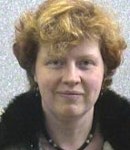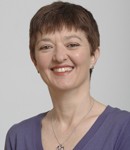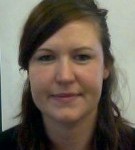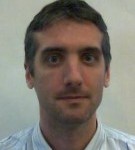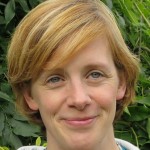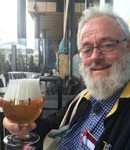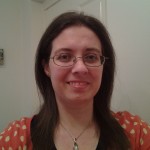An improved and revised LTDS website goes live on 16 December 2015 at www.ncl.ac.uk/ltds. This replaces the old Quilt website and reflects a focussing of direction for the service and more streamlined communication of what we do and how we can help staff in learning and teaching at Newcastle University. We hope that the changes we have made will make it easier to find the things you need related to learning and teaching development and teaching quality assurance at Newcastle University.
Alongside the revision of the website, we have launched a Learning and Teaching Development blog, https://blogs.ncl.ac.uk/ltdev covering:
- news in learning and teaching from around the University, including teaching quality assurance
- theme based collections of case studies of good practice from academic and support staff – available at http://teaching.ncl.ac.uk/casestudies/
- reports from learning and teaching related projects including Innovation Award holders
- changes and rapid updates to learning and teaching services supported by LTDS (Blackboard, ReCap, ePortfolio, etc)
- hints and tips, tricks and tools covering all aspects of LTDS areas of responsibility
This blog is linked to Twitter – follow us @ncllt – and both are linked back to the LTDS website.
Both the website and the blog will highlight areas drawn from a new collection of good practice, which is actively being managed and added to regularly. If you know of areas of interest or innovation in learning and teaching please let us know by emailing a new generic email address ltds@ncl.ac.uk.
These redesigned and new web based support services are intended to supplement and complement current areas of support provided from the Learning and Teaching Development Service.
We have worked closely with NUIT to put automatic redirects in place, so that, as far as possible, existing links to LTDS/QuILT content will still work. We have concentrated on links likely to appear in student handbooks and the most visited sections and pages of the old website.
We appreciate feedback on the changes we have made and look forward to receiving it via ltds@ncl.ac.uk – this will be monitored especially closely as the website changes are made and in the months immediately afterwards. This generic email address does not replace the individual email addresses of individual members of LTDS staff, but using it will ensure that if an individual is unavailable, someone else is able to pick up your query in a timely fashion.
Sue Gill, Learning and Teaching Development Service

